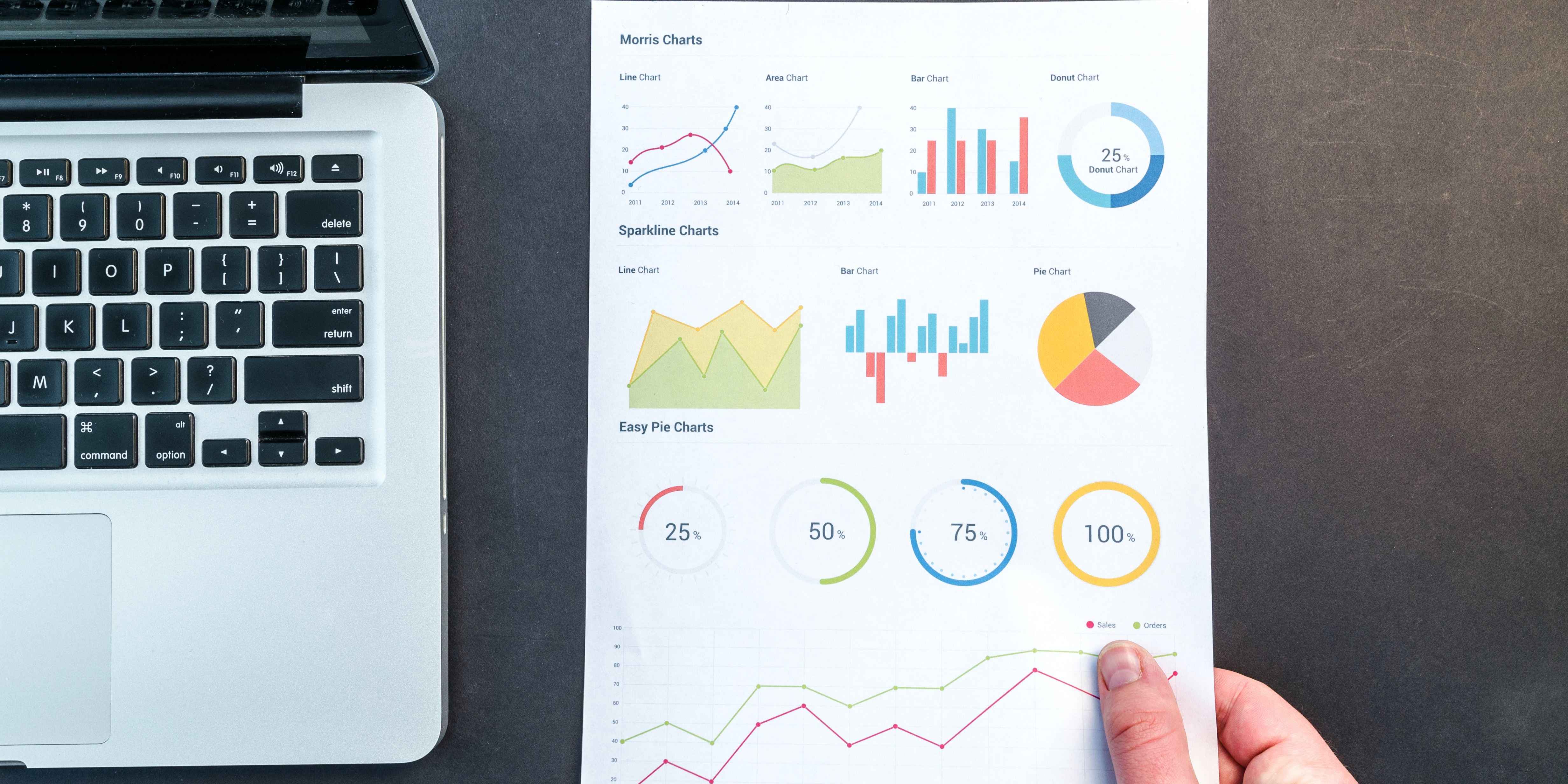Analytics plays a crucial role in the retail industry, helping businesses make informed decisions, improve operational efficiency, and enhance customer experiences. Point of Sale (POS) systems, which are used for transactions and inventory management, play a significant role in generating valuable data for analytics in the retail sector. Here are some key aspects of the importance of analytics in retail and the role of POS:
Customer Insights:
- Analytics helps retailers understand customer behavior, preferences, and purchasing patterns. By analyzing POS data, retailers can identify top-selling products, customer demographics, and buying trends. This information is invaluable for targeted marketing and personalized customer experiences.
Inventory Management:
- POS analytics aids in optimizing inventory levels by tracking product sales, identifying slow-moving items, and predicting demand. Retailers can avoid overstock or stockouts, reducing carrying costs and improving overall inventory turnover.
Sales Performance:
- Analyzing POS data provides insights into sales performance at various levels, such as individual products, categories, or store locations. Retailers can identify high-performing products and optimize pricing strategies based on real-time sales data.
Operational Efficiency:
- POS analytics helps retailers streamline operations by identifying bottlenecks and inefficiencies in the supply chain, staff scheduling, and other processes. This leads to better resource allocation and cost management.
Fraud Detection:
- POS analytics can be used to detect irregular patterns that may indicate fraudulent activities, such as unauthorized transactions or employee theft. This helps retailers implement preventive measures and enhance security.
Customer Loyalty Programs:
- By analyzing POS data, retailers can evaluate the effectiveness of customer loyalty programs. They can identify which programs drive customer retention and tailor promotions to maximize their impact.
Real-Time Decision-Making:
- POS analytics provides real-time data, enabling retailers to make informed decisions quickly. This is especially crucial during peak sales periods, allowing businesses to adjust pricing, promotions, and inventory levels on the fly.
Supply Chain Optimization:
- Retailers can use POS data to optimize their supply chain by forecasting demand, improving vendor relationships, and reducing lead times. This ensures that products are available when and where customers need them.
Omni-Channel Integration:
- With the rise of omni-channel retailing, where customers interact with a brand through various channels (online, in-store, mobile), POS analytics helps retailers create a seamless shopping experience by integrating data from different touchpoints.
In summary, analytics, driven by data from POS systems, is essential for retailers to stay competitive, enhance customer satisfaction, and optimize their overall business operations. The insights gained from analyzing POS data enable retailers to adapt to market changes, make data-driven decisions, and continually improve their strategies.
